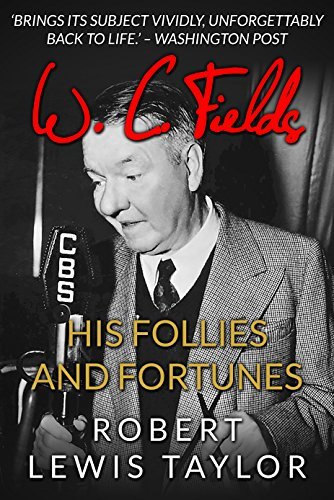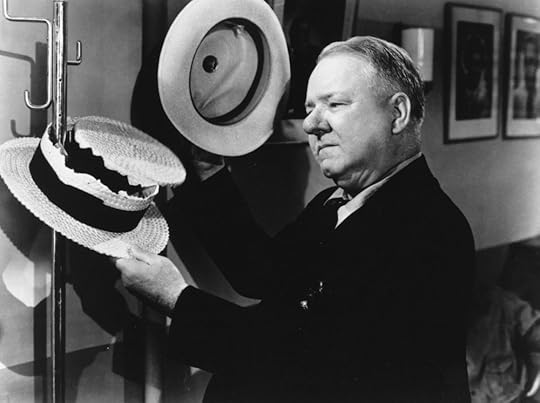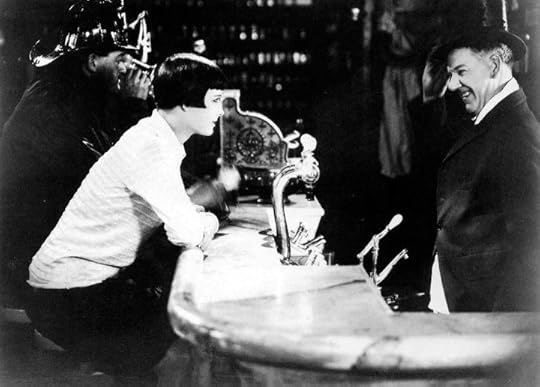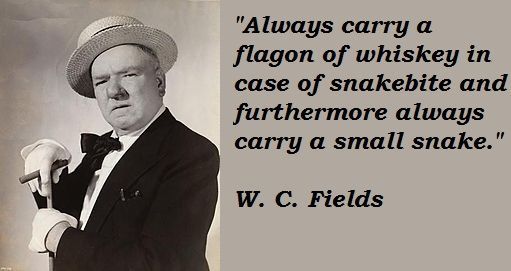What do you think?
Rate this book


277 pages, Kindle Edition
First published January 1, 1949


Among the brilliant qualities that Fields brought to his profession was a faultless memory. A long time before, in a shabby dressing room, he had confided his dream of success to an affable fellow player. And to himself, he had sworn a mighty, theatrical oath, a defiance, like Macbeth's, of all obstruction earthly or supernatural.After 3 decades of theater & "the gaudiest of triumphs, Fields had no home, no family that claimed his attention & no ties but knew that he had talent." He decided to push on to Hollywood where his success was quickly compounded via films such as Never Give A Sucker an Even Break, International House, If I Had a Million & My Little Chickadee, rewarding himself with a mansion in Malibu Beach, complete with a large garden, with Fields taking special pleasure in addressing the plants as if they were his friends.
Though castles toppled, though pyramids fell to their foundations, he would someday make a $1,000 a week. One day while performing as a juggler in New York, the Palace Theater offered him $500 a week, while the Alhambra offered him $500 for a late show. With a regimen that would have killed an ordinary performer, Fields took on both. He was the best-known juggler in the world but he was athirst for larger glories.

I've been trying to get back into the movies for many months but I can't seem to consummate the deal. I'm in a dither to know what has happened. Maybe I have kicked too many of the chosen people in the can. There's a Nubian in the fuel supply but I can't locate him.He lost his grand house & when speaking to his longtime personal secretary, Miss Michael, who asked if he'd be looking for a new home, apparently simply responded, "No, no, I think it's off to the sanitarium for the nonce." She also asked W.C. Fields, "If you had your life to do over, what would you change?" "You know", he said, "I'd like to see how I would have made out without alcohol."